Description
Hamaya arrows are a traditional Japanese New Year’s gift that are believed to bring good luck and ward off evil spirits. They are made of wood and feathers, and are often decorated with gold or silver. They are sometimes set with a bow called a Hama-yumi (破魔弓).
Originally, the word “hama” referred to the target used in the event. The arrows used to shoot these targets were called “Hama arrows” and the bows were called “Hama bows. As “Hama” means “demon,” the custom of giving toys made of bows and arrows to families with boys at New Year’s was born. Later, it came to be given at Hatsumodes as a lucky charm to bring good luck for the year.
The tradition of giving hamaya arrows is thought to have originated in the Heian period (794-1185), and it has been passed down for generations. Today, hamaya arrows are still given as gifts to children, but they can also be purchased by adults. They are often hung in homes or businesses, preferably in high places, or carried around as a good luck charm.
If you’re looking for a unique and special gift to give someone this New Year’s, consider giving them a hamaya arrow!
Learn more: Hamaya on Wikipedia
Per POP Japan:
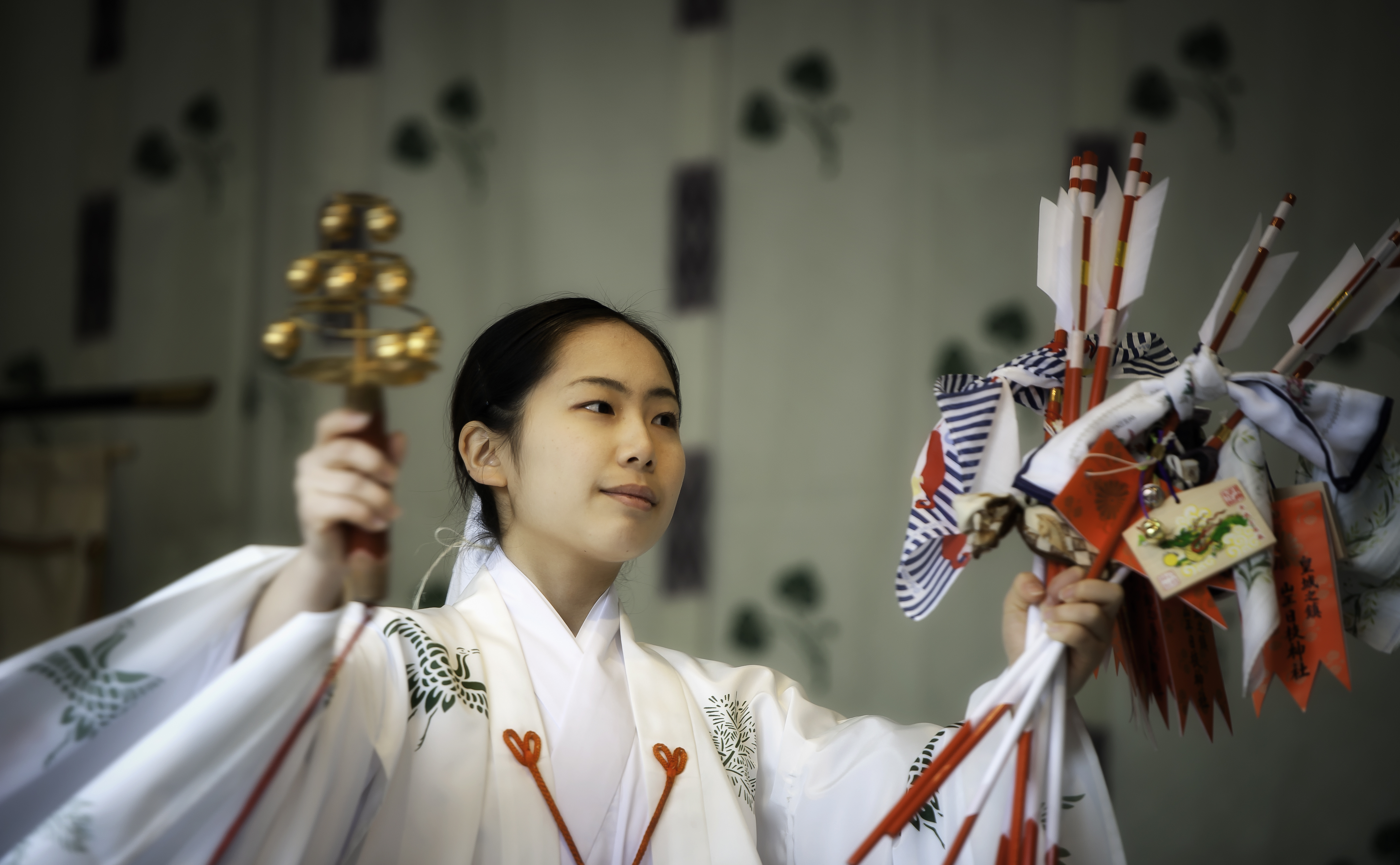
The celebration of New Year in Japan is a significant holiday that everyone looks forward to. It is by far the busiest days in the country as millions of people visit shrines to pray for safety, success and blessings for the entire year. Alongside prayers are the existence of lucky charms or engimono like omikuji (fortune telling paper) omamori (amulet) and hamaya (demon breaking arrow)
Hamaya translated as the “demon breaking arrow” are popular decorative arrows exclusively sold at Shinto Shrines during the first few days of New Year season. It is made up of wood with a wooden tip. The purpose of this arrow is to ward off the bad luck and attract good luck for the incoming year. It also scares the demon and evil spirits away. The shrine maidens prepare these Hamaya before it goes out for sale.
The existence of Hamaya can be traced back from Edo period until the early Meiji period wherein a set of decorative bow and arrow called hamayumi were given as a gift to celebrate the new year of a male baby in the family. But today, hamayumi (demon-breaking bows) isn’t that popular anymore but there are few shrines that still sells hamayumi.
Hamaya like Omamori and Omikuji (the exemption to this is you have to tie the Omikuji if a paper you get denotes a bad luck) is meant to be kept. After purchasing a Hamaya, you should place it at a high location in your home and let it stay for the entire year.

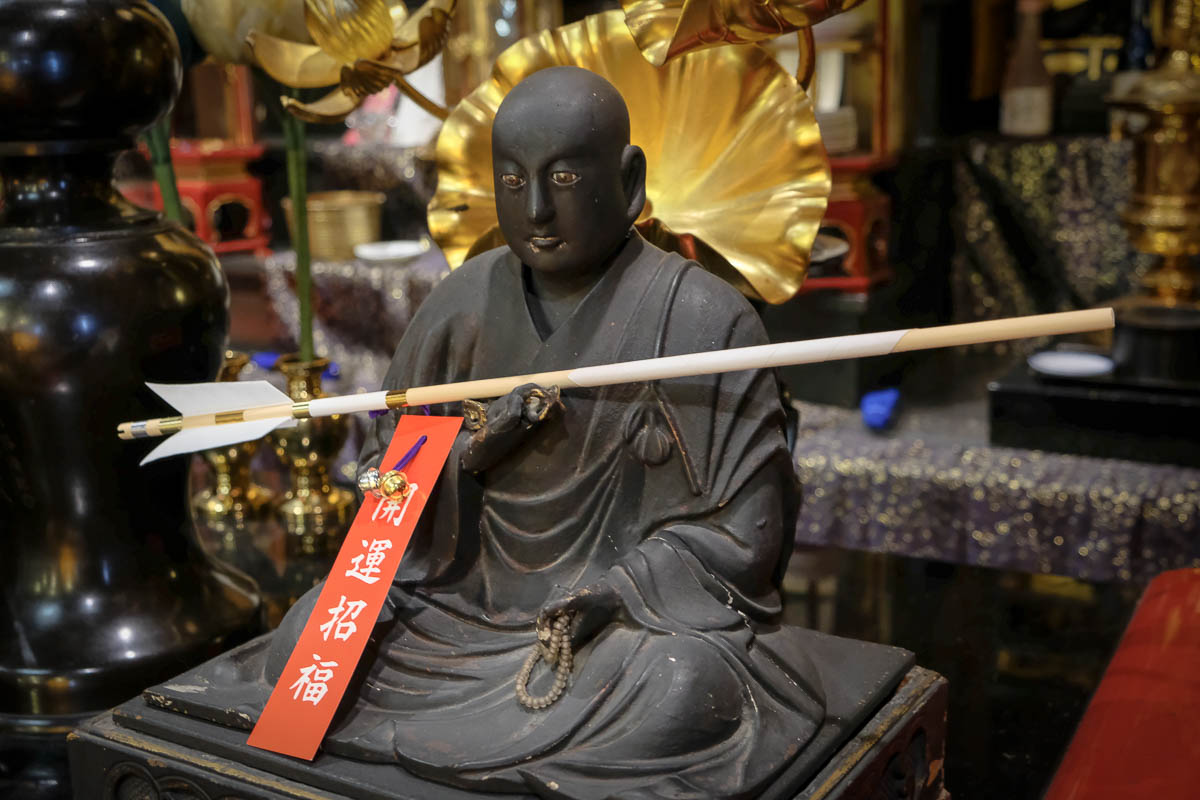
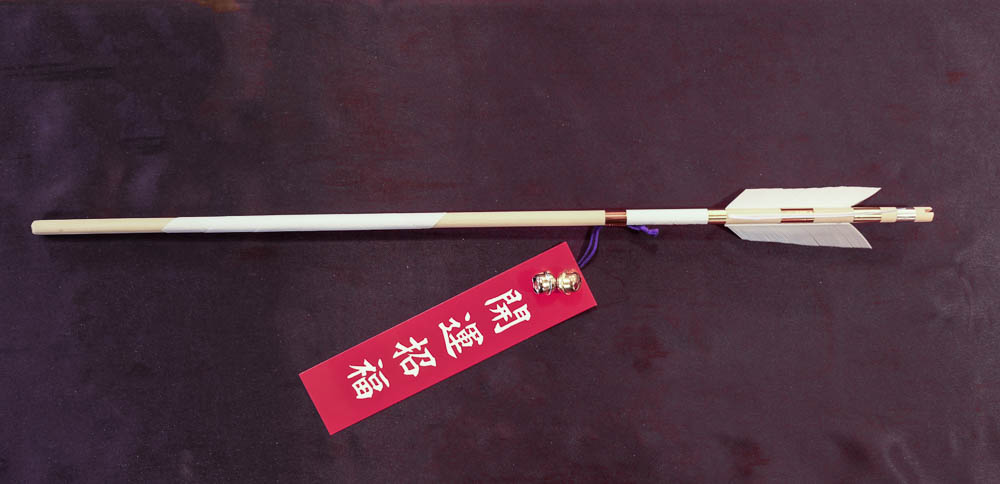

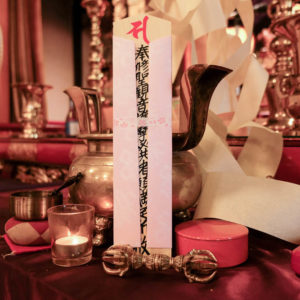
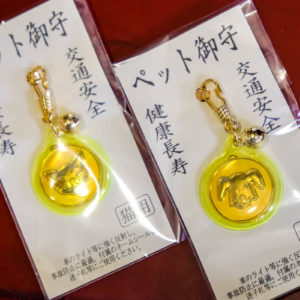
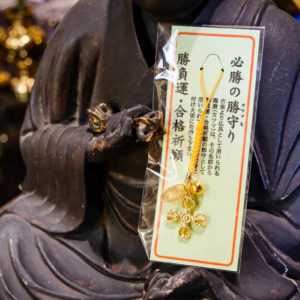
Reviews
There are no reviews yet.